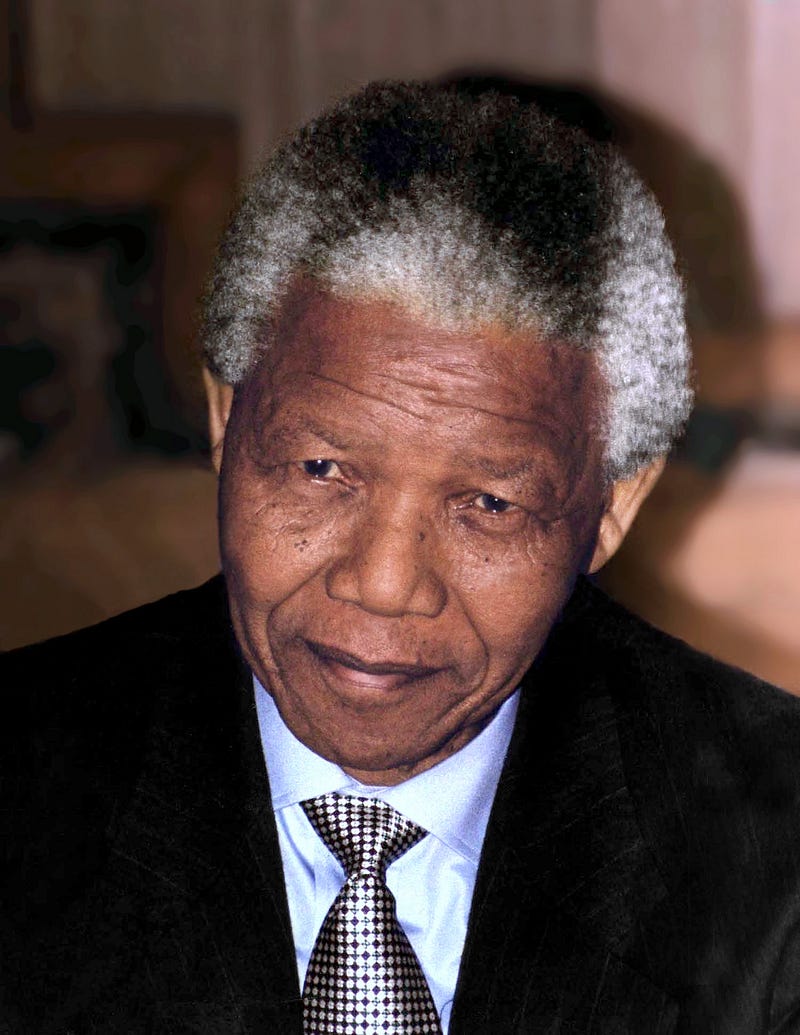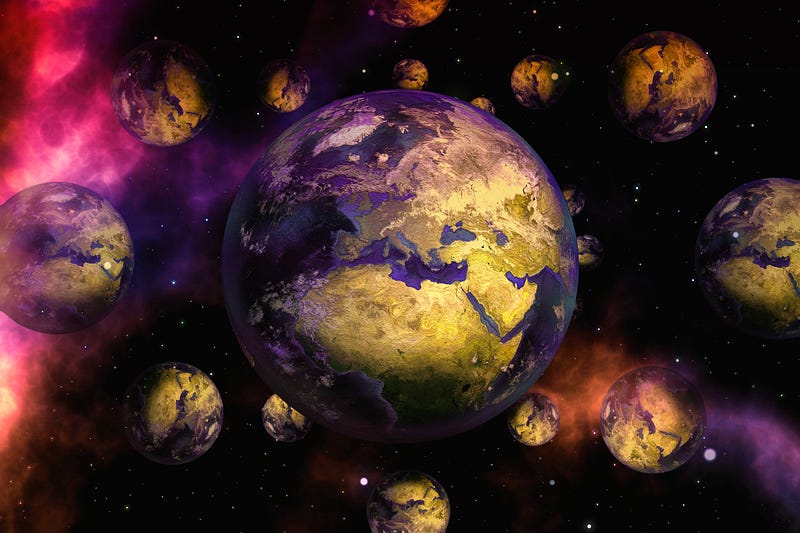The Mandela Conundrum: Perplexing the Minds of Experts
The Mandela Effect is a kind of enigma. What is this still-studied phenomenon all about? We embark on a thought-provoking journey challenging our understanding of memory.

The Mandela Effect is one of the most fascinating phenomena concerning human memory and how our brains function. In short, it involves false memories of certain events, details, or cultural phenomena. However, we talk about the Mandela Effect not when a single individual has a mistaken memory, but when a larger group of people does. The phenomenon was named as such by Fiona Broome in honor of the South African activist and politician Nelson Mandela.
Broome herself called herself a “paranormal consultant.” One day, she noticed that a certain group of independent individuals claimed that Mandela died in prison in the 1980s. However, this was a distorted memory because the politician actually got released from prison, became the president of South Africa, and only passed away in 2013. So, several years after the term “Mandela Effect” was first used.
Examples of the Mandela Effect
The collective false memory of Mandela’s death prompted Fiona Broome, and not only her, to investigate other similar cases. It turns out, there are quite a few. Beware, some are particularly surprising. You might find out that you yourself belong to the group of people with distorted memories.

One of the most well-known examples of the Mandela Effect concerns a series of children’s books and cartoons titled “Berenstain Bears.” Interestingly, many people around the world incorrectly remembered the spelling of the titular bears’ surname. Instead of Berenstain, in their memory, it was Berenstein.
Another intriguing example is the iconic line from the movie “Star Wars: The Empire Strikes Back.” Many fans remember the line as “Luke, I am your father.” However, in reality, the line is: “No, I am your father.” This common misquotation fueled discussions about the reliability of human memory, and even… the possibility of time axis alteration.
Let’s linger a moment more on pop culture figures. Many people falsely remembered that Pikachu, one of the most famous Pokémon, has a tail with a black tip. That’s not true; the creature has always had a tail of a uniform yellow color. In this case, the false memory may stem from the fact that Pikachu has ears with black tips.
The Mandela Effect also extends to geography. Looking at a world map, it’s clear that New Zealand lies southeast of Australia. However, a large number of people believe that New Zealand is located northeast of the smallest continent on Earth.
Are there parallel worlds?
The numerous discrepancies in memories (there are dozens, if not hundreds, of global examples of the Mandela Effect) have led to extensive debates. Numerous theories about parallel universes and alternative realities have also emerged.
As discussions about the Mandela Effect intensify, some enthusiasts propose theories about time travel. Their concepts suggest that disparities in collective memory could result from individuals moving between different dimensions or timelines. Although these theories are speculative, they fuel the imagination of those fascinated by paranormal phenomena.

The Mandela Effect has intriguing explanations.
The Mandela Effect is a fascinating case study that helps us understand the intricacies of memory and how our collective consciousness can be shaped by shared beliefs. Until we have a specific explanation for this phenomenon, we can treat it as an encouragement to question the reliability of our memories and the flexibility of our perceptions.
Cognitive scientists suggest that memory is not a perfect recording device but a reconstructive process. It can be influenced by various factors, including suggestion, cultural contexts, and the passage of time. It’s well known that witnesses of specific events may remember them differently after many years.
Lack of sleep can also affect false memory encoding. This is confirmed by studies in which participants studied lists of words semantically unrelated to a specific theme. They were divided into two groups: the first could sleep all night, the second had to endure sleep deprivation. The next day, the study showed a higher rate of false recognition among sleep-deprived participants.
Experts also point to traumas as a cause of false memories, not only in childhood. There are also interesting possible connections between attachment styles and false childhood memories. Attachment styles (e.g., in relationships) in adults are shaped based on events from early childhood, specifically how we remember them.
In conclusion, the Mandela Effect is a testament to the complexity of human memory and the potential fragility of our shared understanding of reality. Whether viewed through the lens of cognitive science or as a gateway to alternative dimensions, this phenomenon continues to captivate those who seek to unravel the mysteries of our cognitive abilities.
One question remains: What other hidden truths and alternative realities lie just beyond the veil of our collective consciousness?
Attention all readers!
As content creators on Medium.com, we face minimal compensation for our hard work. If you find value in my articles, please consider supporting me on my “Buy Me a Coffee” page. Your small contributions can make a big difference in fueling my passion for creating quality content. Thank you for your support!


